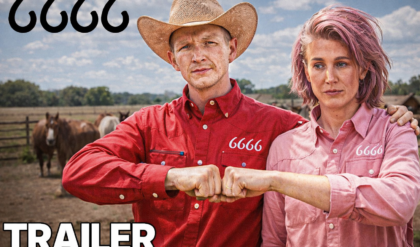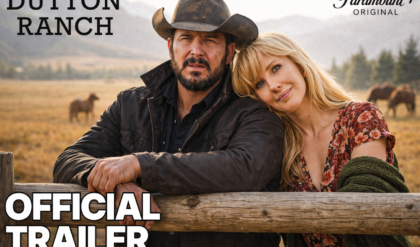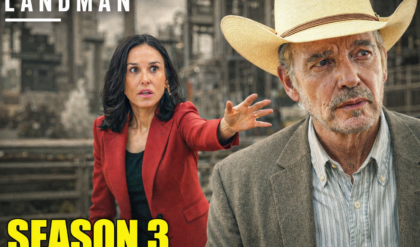The Four Seasons Finale: Decoding the Nick and Ginny Twist That Redefined Friendship and Loss
Netflix’s The Four Seasons, a modern reimagining of Alan Alda’s 1981 film, has left audiences stunned with its season finale, which delivered a gut-punching twist involving Nick (Steve Carell) and Ginny (Erika Henningsen). The series, co-created by Tina Fey, Lang Fisher, and Tracey Wigfield, follows three affluent couples—Kate (Tina Fey) and Jack (Will Forte), Nick and Anne (Kerri Kenney-Silver), and Danny (Colman Domingo) and Claude (Marco Calvani)—whose annual seasonal vacations are upended by Nick’s decision to divorce Anne and pursue a relationship with the much younger Ginny. The finale, titled “Fun,” diverges dramatically from the original film, introducing a tragic death and a surprising pregnancy that reshape the group’s dynamics and set the stage for a potential second season. Let’s explore the seismic twists involving Nick and Ginny, their implications, and why they’ve sparked such fervent discussion among fans.
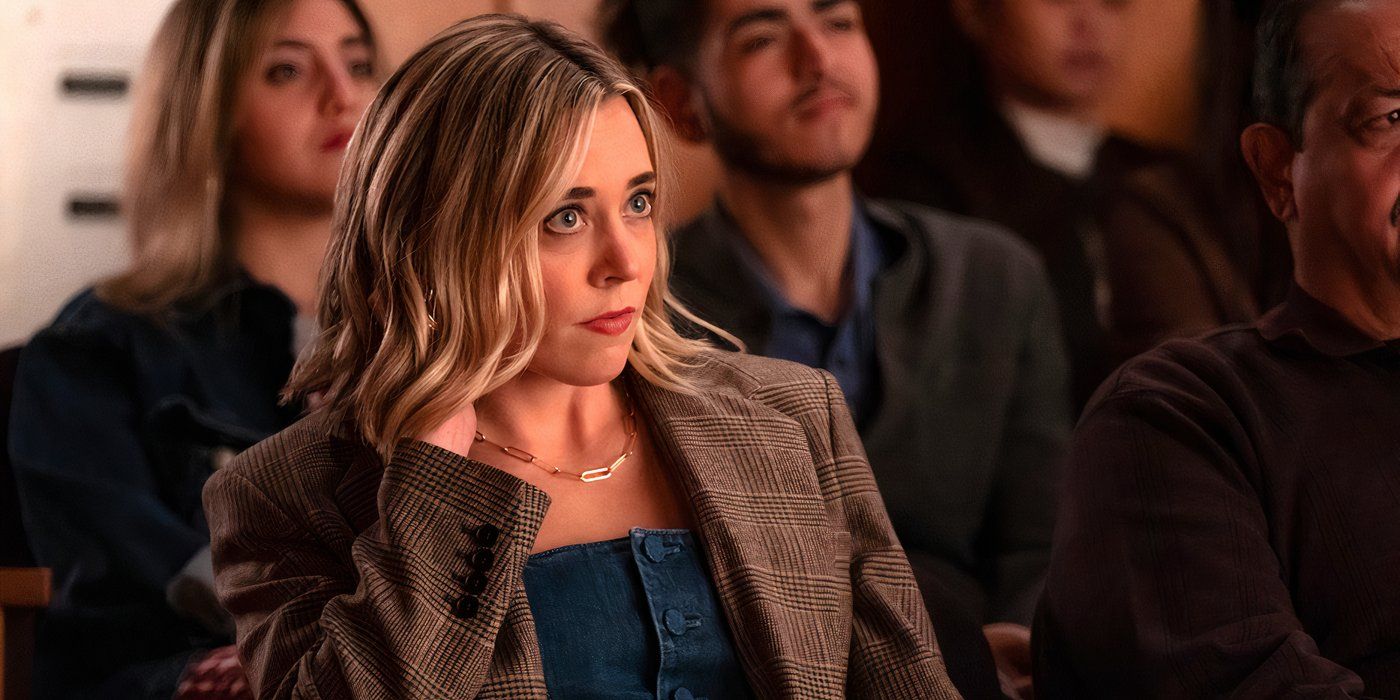
The Setup: A Year of Change and Tension
The Four Seasons unfolds over a year, with each pair of episodes dedicated to a seasonal vacation—spring at Nick and Anne’s lake house, summer at an eco-lodge, fall at Vassar College’s parents’ weekend, and winter at a New Year’s Eve ski resort. The series begins with a bombshell: Nick, a restless hedge fund manager, announces his intent to divorce Anne after 25 years, shocking their tight-knit friend group. His subsequent relationship with Ginny, a vibrant 30-year-old dental hygienist, introduces tension, as Anne struggles with betrayal, and the group grapples with integrating a younger outsider. Ginny’s presence highlights generational divides, with her vegan, TikTok-savvy friends clashing with the Gen X sensibilities of Nick’s cohort.
Throughout the season, the show balances cozy comedy with poignant drama, exploring themes of aging, friendship, and the fragility of relationships. Each couple faces personal challenges: Kate and Jack navigate marital stagnation, Danny conceals health issues from Claude, and Anne wrestles with her identity post-divorce. Nick’s decision to leave Anne acts as a catalyst, forcing everyone to confront their own life choices. By the winter vacation, the group has reached a fragile equilibrium, with Nick and Anne “co-parenting” their shared friends by splitting vacation time. However, the penultimate episode, set during the ski trip, shatters this balance with a twist that no one saw coming.
The Shocking Twist: Nick’s Tragic Death
In a stark departure from the 1981 film, where Nick survives and marries Ginny, the Netflix series takes a bold narrative risk: Nick dies in a car accident at the end of Episode 7. The incident occurs during the New Year’s Eve ski trip, where Nick, feeling out of place among Ginny’s younger friends, argues with her about his lack of effort to connect with them. Frustrated by his complaints about their vegan, non-alcoholic lifestyle and his failure to remember their names, Ginny calls him out, prompting Nick to retreat to their bedroom. In an attempt to make amends, he drives to a grocery store to buy vegan-friendly snacks and drinks. Tragically, he never returns, killed in a crash that’s revealed off-screen via frantic messages from Ginny to Kate.
The decision to kill Nick, played with nuance by Steve Carell, was a deliberate choice by the creators to underscore the show’s themes of mortality and the unpredictability of life in middle age. Unlike the original film, where Nick’s midlife crisis leads to a new chapter with Ginny, the series uses his death to reflect the harsh reality that not all risks lead to happy endings. Co-creator Tracey Wigfield explained that the twist was meant to feel “human scale” but meaningful, capturing the suddenness of loss that becomes more common in one’s 40s and 50s. For Nick, who embraced a “you only live once” mentality by leaving Anne, the irony is profound: his pursuit of a fuller life ends abruptly, leaving his friends and family to pick up the pieces.
The impact of Nick’s death reverberates through the finale, forcing each character to confront their grief and reassess their priorities. For Anne, it’s a reckoning with the complexity of their 25-year marriage; for Ginny, it’s the loss of a partner she believed was her soulmate; and for the group, it’s a reminder of their own mortality. The funeral, a chaotic blend of humor and heartbreak, encapsulates the show’s tone, with Kate’s cost-cutting leading to Nick’s.asarray in a red high-heel-shaped urn, and Anne’s eulogy unraveling into an emotional exorcism rather than a polished tribute.
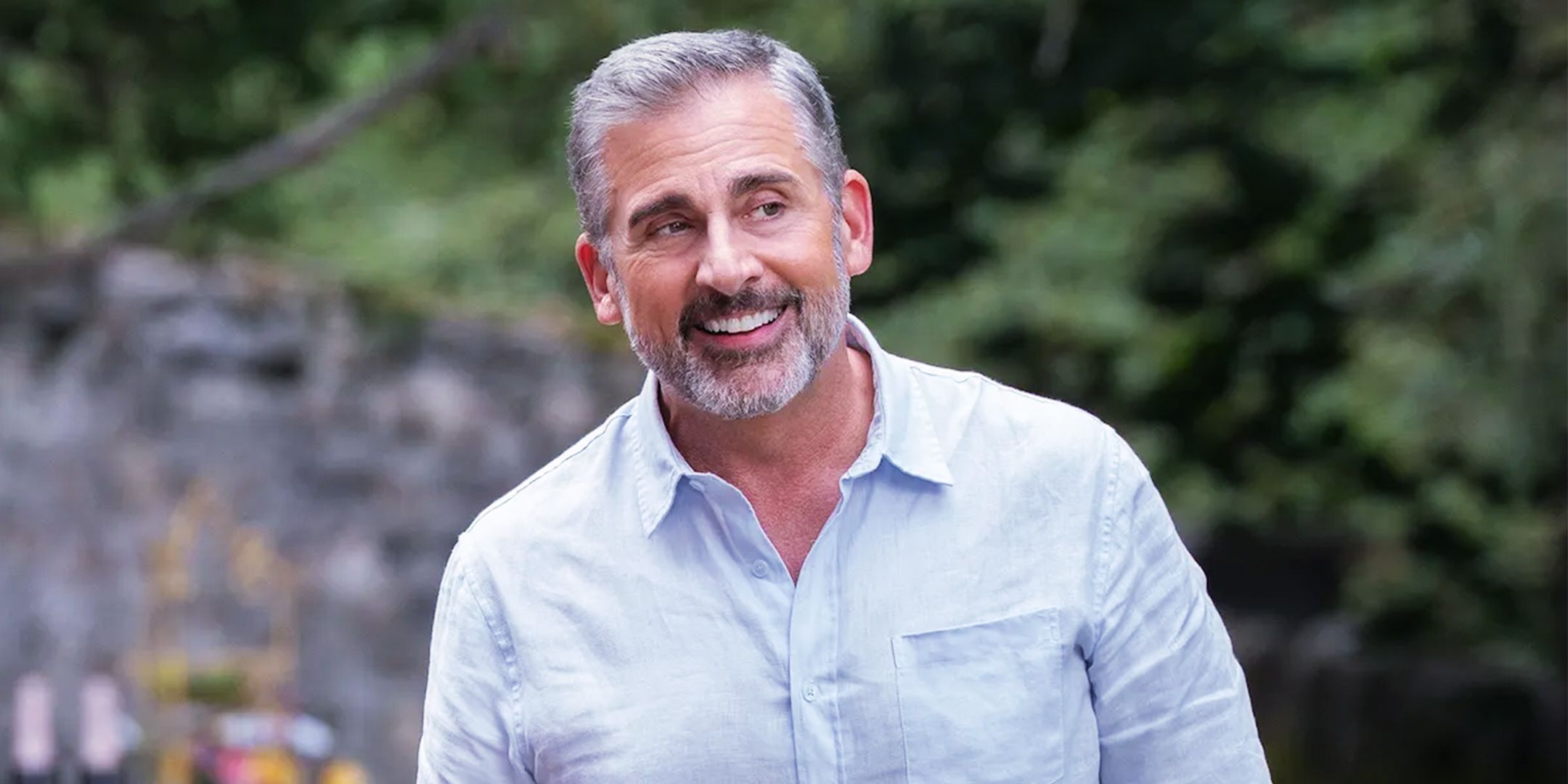
The Bombshell Reveal: Ginny’s Pregnancy
Just when viewers thought the finale couldn’t deliver more surprises, the episode ends with a bittersweet revelation: Ginny is pregnant with Nick’s child. The clue comes during a group dinner at Anne’s house, where the friends toast to Nick with whiskey. Ginny quietly sets her glass down, and Anne casually announces, “Yeah, she’s pregnant,” leaving the group—and viewers—stunned as the credits roll. This twist, while present in the original film (where Nick announces Ginny’s pregnancy), carries far greater weight in the series due to Nick’s death, transforming it from a celebratory moment into a poignant symbol of hope amid loss.
The pregnancy reveal serves multiple narrative purposes. First, it validates the depth of Nick and Ginny’s relationship, countering Kate’s earlier dismissal of Ginny as a “blip” in Nick’s life. Ginny’s insistence that they were soulmates, despite their eight-month romance, gains new significance, as her pregnancy underscores the seriousness of their bond. Co-creator Lang Fisher noted that the reveal was designed to show that Ginny “wasn’t just a young thing” Nick didn’t care about, but a partner with whom he shared a profound connection. For Anne, the news is a bittersweet acknowledgment that Nick’s love for Ginny didn’t negate their shared history, allowing her to find closure.
Second, the pregnancy ties Ginny to the friend group, ensuring her place in their lives despite Nick’s absence. Throughout the season, Ginny faced resistance, particularly from Anne, who viewed her as a threat, and Kate, who struggled to accept her. The finale marks a turning point, as Anne and Ginny reconcile during a heartfelt conversation outside the funeral. Anne apologizes for gatekeeping Nick’s memorial, admitting she wanted to “sabotage” him one last time, while Ginny reveals she felt responsible for his death due to their fight. Their mutual vulnerability fosters a fragile truce, with Anne recognizing that Ginny made Nick happy—a realization cemented by the pregnancy news.
What the Twists Mean for the Group
Nick’s death and Ginny’s pregnancy fundamentally alter the group’s dynamics, setting up rich storytelling possibilities for Season 2, which Netflix confirmed at its Upfront 2025 presentation. The loss of Nick, described by Danny as a “random and tragic” event, forces the friends to confront the fragility of life and the importance of their bond. Kate and Jack, whose marriage teetered on the brink of collapse, find renewed purpose after a near-death experience on a frozen lake, with Kate declaring Jack her soulmate—a nod to Ginny’s emotional maturity. Danny and Claude, strained by Danny’s health issues and Claude’s overbearing optimism, reconcile by learning to validate each other’s grief. Anne, who initially used her new boyfriend Terry performatively to seem “okay,” begins to embrace her independence, finding unexpected kinship with Ginny.
Ginny’s pregnancy introduces a new layer of complexity, particularly for Anne, whose daughter Lila (Julia Lester) will now have a half-sibling. The creators have hinted that Season 2 will explore this dynamic, with Wigfield noting that Ginny and Anne’s children being siblings “gives us a lot to play with.” The group’s commitment to continue their seasonal vacations, potentially in Nick’s honor, suggests that Ginny will become a permanent fixture, her baby a living reminder of Nick’s legacy. This shift transforms The Four Seasons from a story about a group adjusting to a divorce into one about healing through collective grief and embracing new beginnings.
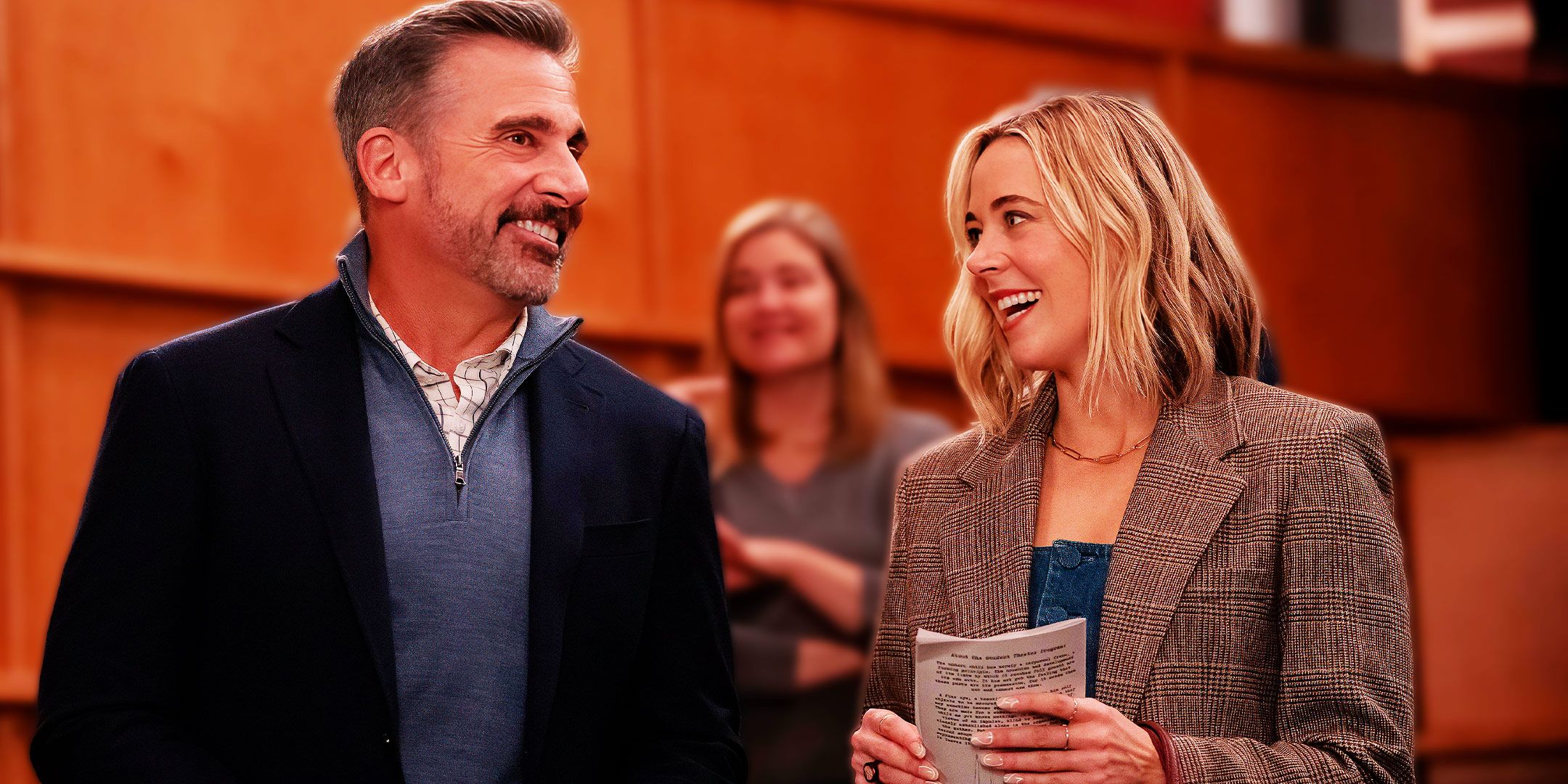
Why the Twists Resonate
The Nick and Ginny twists have sparked widespread discussion because they encapsulate the show’s core themes: the unpredictability of life, the enduring power of friendship, and the coexistence of joy and sorrow. Nick’s death, while shocking, feels authentic to the show’s exploration of middle age, where stability can be upended in an instant. Carell, no stranger to on-screen deaths (having met similar fates in The Morning Show and The Patient), brings a layered performance to Nick, making his loss all the more devastating. His arc, from a man chasing youth to one who dies trying to bridge generational gaps, is both tragic and ironic, reflecting the show’s nuanced take on midlife crises.
Ginny’s pregnancy, meanwhile, offers a hopeful counterpoint, symbolizing renewal amid grief. It challenges the group—and viewers—to reconsider assumptions about relationships, particularly those with age gaps. Henningsen’s portrayal of Ginny as earnest and resilient ensures she’s more than a stereotype, earning her place in the ensemble. The twist also underscores the show’s diversity, with Danny and Claude’s queer relationship and the inclusion of younger characters like Ginny broadening its appeal.
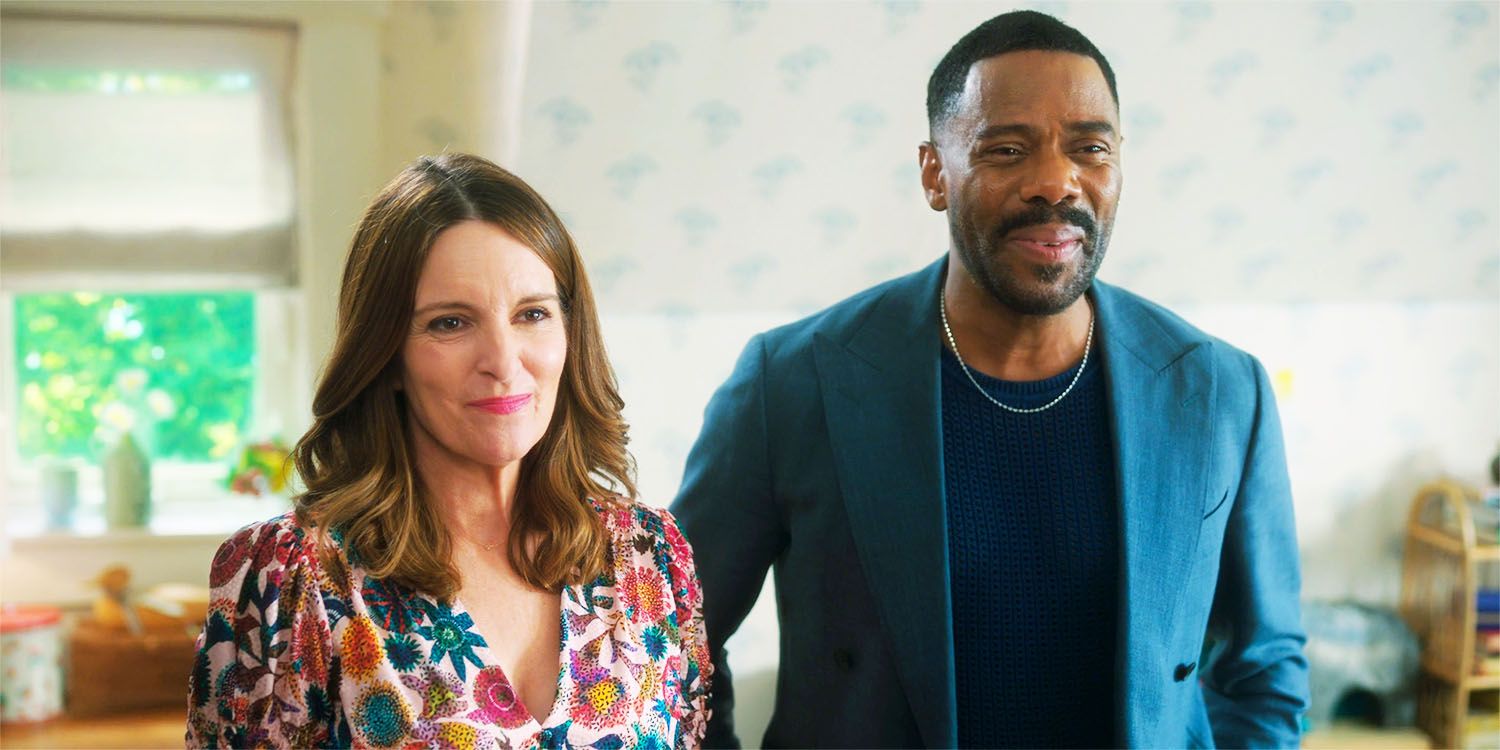
Looking Ahead: Season 2 and Beyond
With Season 2 greenlit, The Four Seasons is poised to delve deeper into the aftermath of Nick’s death and Ginny’s pregnancy. Potential storylines include the group’s ongoing grief, Ginny’s journey as a single mother, and Anne’s evolving role as a mentor or surrogate family member. New vacation settings—a babymoon, perhaps, or a trip to Claude’s family in Italy—could provide fresh comedic and dramatic fodder. The creators’ commitment to retaining the core cast ensures that the show’s heart, its ensemble chemistry, will remain intact.
Why Everyone’s Talking About the Finale
The finale of The Four Seasons is a masterclass in blending comedy and tragedy, leaving viewers both heartbroken and hopeful. Nick’s death and Ginny’s pregnancy are more than plot twists; they’re catalysts for profound character growth and a testament to the show’s emotional depth. As fans await Season 2, the series stands as a poignant reminder to cherish the friendships that anchor us through life’s unpredictability. Whether you’re drawn to its stellar cast, sharp writing, or fearless storytelling, The Four Seasons has cemented its place as a Netflix must-watch.


